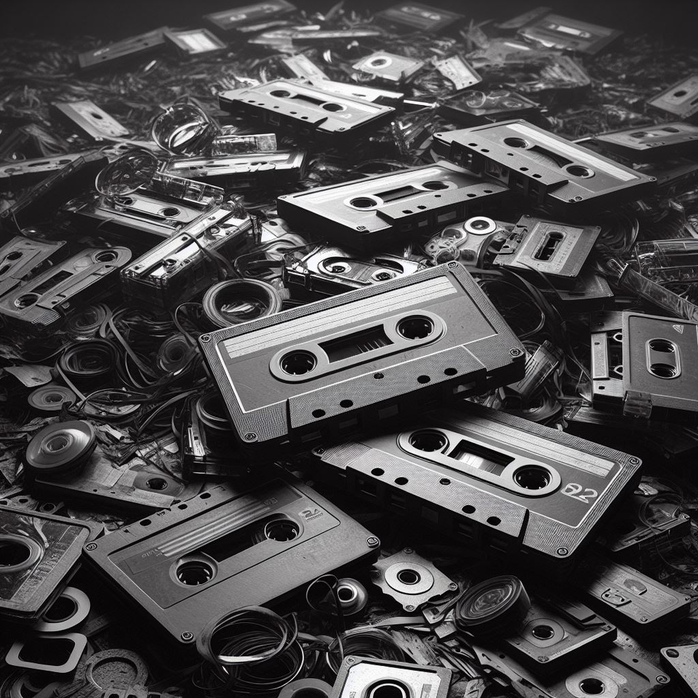Guest Co-Editors: Jonathan Larcher and Heikki Wilenius
Additional contributors: Ernst Karel, Harsha Menon, Julie Métais, Sandro Simon, and Victor A. Stoichiță
What can be considered as a discarded recording in an ethnographic inquiry? Do the instabilities and technical errors that may occur in recordings show that technology is an inextricable part of the encounter of ethnographic situations? Furthermore, is there a limit beyond which a sound is too degraded so it can no longer be restored, and instead can only be described in writing, the preferred medium of the human sciences in general and anthropology in particular? The contributions – six written essays, one video essay, and one conversation – offer a range of answers to these three questions, proving that sonic rubbish is worthy of scholarly attention. By approaching the issue of failed or deficient ethnographical recordings from different perspectives and different subdisciplines in anthropology, the ensuing contributions critically engage with discarded audio materials and in so doing challenge the long-standing emphasis on clarity and precision in field recordings.
Qu’est-ce qu’un enregistrement raté dans une enquête ethnographique ? Comment les instabilités techniques participent-elles des situations d’enquête ? Existe-t-il une limite au-delà de laquelle un son trop dégradé ne peut plus être restitué mais simplement décrit par l’écrit, médium privilégié des sciences humaines en général et de l’anthropologie en particulier ? Ce numéro spécial de la revue Journal of Sonic Studies offre plusieurs réponses à ces questions, prouvant que les déchets sonores méritent l’attention des chercheurs. En abordant la question des enregistrements ethnographiques ratés ou défectueux, les contributions composent de manière critique avec ces rebuts sonores et remettent en question l’importance accordée depuis longtemps à la clarté et à la précision des enregistrements sur le terrain.

